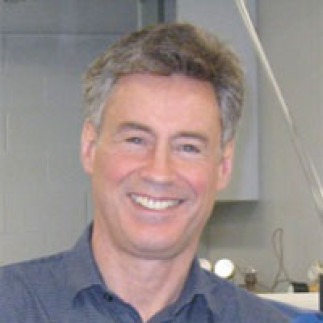Titre : Challenges and Solutions for Analyzing 'Down the Drain' Chemicals.
La conférence sera prononcée par le professeur Chris Metcalfe de l'Institute for Watershed Science de Trent University (Environmental and Resource Studies Program). Elle sera donnée en anglais.
Résumé : There are a variety of chemicals that we flush down the drain that wind up passing through municipal wastewater treatment plants and into the environment. These chemicals are constituents of “personal care products” such as cosmetics, soaps, shampoos, toothpaste and mouthwash, prescription and non-prescription drugs that we excrete into sewage, and nanoparticles that are used in various household products and cosmetics. These chemicals enter the environment when municipal wastewater is discharged into rivers and lakes, and when sewage sludge (i.e. biosolids) is applied onto agricultural land as a soil treatment. There are several challenges associated with analyzing these chemicals in water and wastewater. They are typically present in these matrixes at low (parts per billion or parts per trillion) concentrations, and the environmental matrix often interferes with the analysis. For the analysis of water soluble contaminants, such as personal care products and pharmaceuticals, liquid chromatography with tandem mass spectrometry (LC-MS/MS) is the preferred analytical method, but this instrumentation is subject to suppression or enhancement of ionization of the target analytes as a result of interferences from the sample matrix. At Trent University, we have developed methods to compensate for these matrix effects using stable isotope surrogates as internal standards. For the analysis of nanomaterials such as nanosilver, chromatographic separation of the nanoparticles according to size is not feasible because of interactions between the particles and the chromatographic stationary phase. At Trent University, we have developed asymmetric flow field flow fractionation separation techniques coupled to ICP-MS (AF4-ICP-MS) to analyze nanosilver in water and wastewater. The advantages and disadvantages of these analytical techniques will be discussed within the context of monitoring for down the drain chemicals in the environment.

